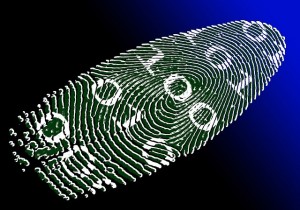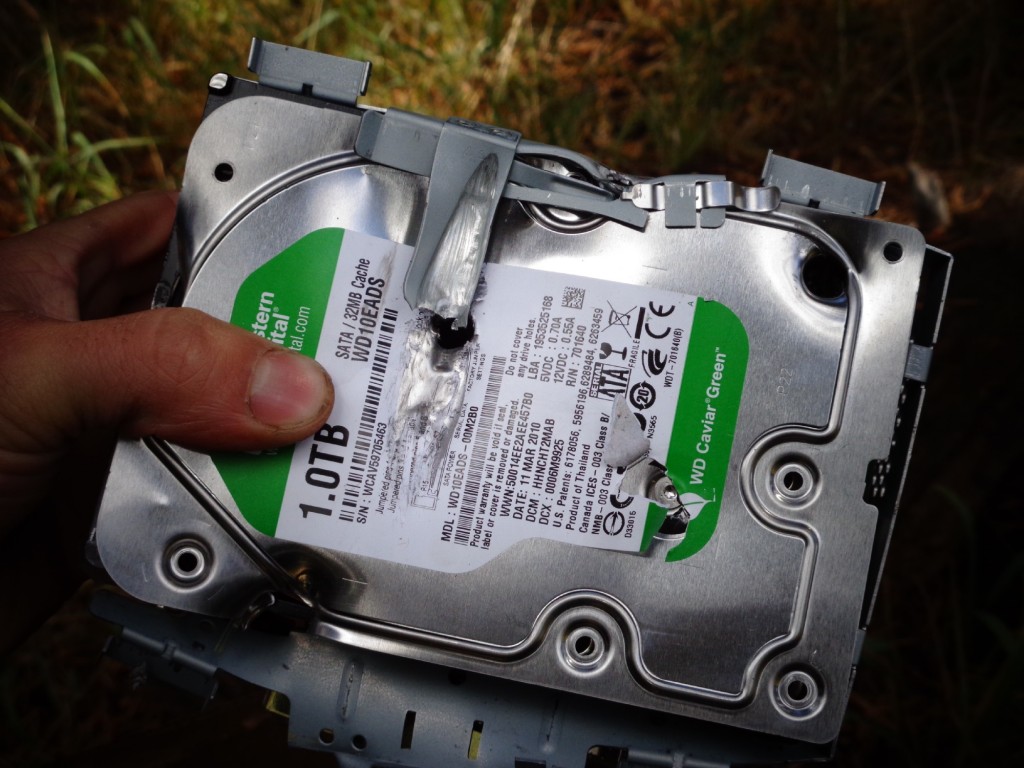 Roughly 15 million people have their identities stolen every year in the United States, with each person losing an average of $3,500. And as our society finds itself increasingly reliant on computers and internet connected devices, those numbers are growing. Over the past five years, the number of people who have had their identities stolen has nearly doubled, and the amount of money that was collectively lost has increased from $37 billion to $50 billion.
Roughly 15 million people have their identities stolen every year in the United States, with each person losing an average of $3,500. And as our society finds itself increasingly reliant on computers and internet connected devices, those numbers are growing. Over the past five years, the number of people who have had their identities stolen has nearly doubled, and the amount of money that was collectively lost has increased from $37 billion to $50 billion.
While there is no way to guarantee that your identity will never be stolen, there are a few ways you can mitigate the risk. So keep your identity under the radar this year, with these six helpful tips.
Password Protection
Let’s see if I can guess one of your passwords. Is it ‘password’? How about 123456? qwerty? 111111? Raise your hand if I guessed it right. No wait, don’t raise your hand. We wouldn’t want anyone to know your shameful secret.
If you’re unaware, those guesses are among the top 25 most commonly used passwords that many of us are guilty of using. Since the advent of the internet, our lives have become saturated with passcodes, and unfortunately, it’s nearly impossible to remember them all.
We all know that every password should be unique, and in a perfect world we could make them all a random assortment of letters and numbers, but it’s simply impossible for the average person to remember. You could write them down, but that just makes your passwords vulnerable in a different way.
What you need is a password that is somewhat random but easy to remember for you. Preferably it shouldn’t have anything to do with your interests. You can string together random letters, numbers, and words, but in a way that makes them rhyme.
Really anything that rolls off the tongue will be very easy for you to remember. And as you sign up for different websites and services, you can change it slightly each time. Before you know it you’ll have a long list of memorable passwords in your head that no one will be able to guess.
Choosing a Pin Number
Finding a unique pin number is much harder than a making a secure log-in password because there are only so many pins to choose from. With only 4 digits at your disposal, there are roughly 10,000 different combinations to be shared between millions of people. But just like any other password, certain numbers are way overused by the public.
If you happen to choose one of the 20 most commonly used pin numbers, then you are sharing the same pin as 25 percent of the population. You’re practically begging to be robbed if you choose numbers like 1234, or 1212. Make sure you change the number to something less obvious. If someone were to get a hold of your card, it could mean the difference between losing your money in a few minutes or a few days. If you choose one of the lesser known pin codes, and your card is lost or stolen, you’ll have a lot more time to cancel the card before someone cleans you out.
Protecting Your Mail
If you don’t have a paper shredder, then you’re taking a big risk with your mail. Anything that contains your information, even things that you might think are benign, can be pieced together and used against you. So find yourself a good machine to destroy that pesky credit card offers before someone gets a hold of them.
Or if you’re like me and can’t stand the sound of a paper shredder, and are sick and tired of fixing them when they jam, you can buy a stamp that is specifically designed to blot out any sensitive information in your mail. And if either of those options start to wear you down, you can request to opt out of the mailing list for credit card companies and other retailers.
Beware of “Charities”
Just last week I received a call from someone asking for a donation for some kind of “firefighter fund”. He kept asking if I wanted to donate, and I kept pressing for more information on his charity. I said “sure I’ll contribute, but I’d like to verify your organization.” He hung up without saying a word.
This old scam never gets old. Somehow thousands of people (often senior citizens) are duped every year into giving their personal information to strangers over the phone, and around the holidays they usually hide behind a phony charity. It should go without saying, that you should never donate money to any organization without doing some research first.
Public Wifi Networks
Modern technology has made our personal information incredibly vulnerable, and using your electronics on a public network is one of the easiest ways to get hacked. If you’re using Windows, start by changing the settings for your internet connection. Go to the Control Panel, and find the Network and Sharing Center. From there you can change your settings from Home Network to Public Network. But if you’re looking to truly secure your computer, there is no shortage of additional measures you can take to keep your information secure.
Disposing of Electronics
After Christmas, many of us will end up selling or disposing of some of our old electronics. Before you do anything though, it’s a good idea to erase all data from the device. Most computers contain a treasure trove of personal and business information, so you’ll need to make sure you do it right. Reformatting the computer will work to block your information from any casual thieves, but anyone with some computer knows how can still access deleted files.
While Mac and Linux users have a built-in option for permanently deleting files, Windows users will have to run the Sdelete program to get a perfectly clean slate. If you’re thinking of throwing out the computer, you can also remove the hard drive and drill a few holes in the discs. Or if you’re like me you can find a secluded area, and pump a few AK rounds into it.

Which somehow lack the power to punch through a hard drive. Don’t forget to bring your safety glasses!
As you can see there are plenty of simple precautions you can take to keep your assets safe. So whether you’re on the go or safe at home for the holidays this year, don’t let your guard down with your identity. Even though there are some sneaky folks out there who’d love to get a hold of your personal information, the ball is still in your court.
This article was originally published at Ready Nutrition™ on November 30th, 2014






